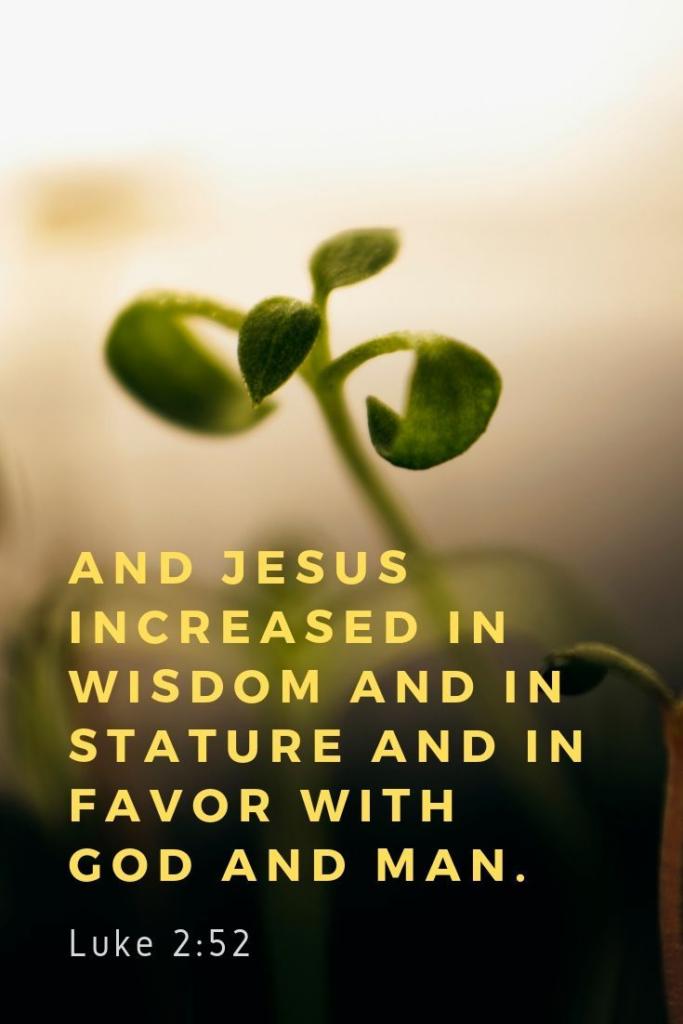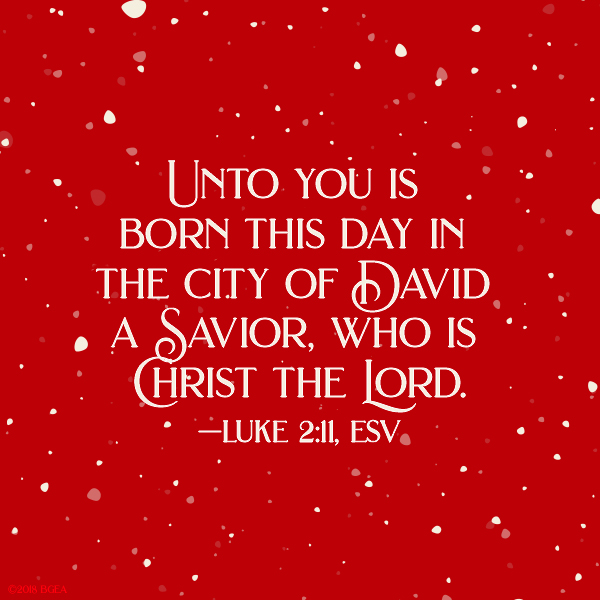There is no more important text in the Old Testament than that recorded in Exodus 3:1-22 where God revelaed Himself to Moses through the ‘bush that was buring but not consumed’. God speaks! And what he says is so vital to our understanding of who He is and what His plans are! It’s a great event to think about and one that leads us (again) straight to Jesus…
Message
Outline
o The third in this series
o Israel in trouble, God at work
o Chapter 3: significant change in the drama!
o Note the following …
- How God caught Moses’ attention (v.1-3)
- How God advanced Moses’ comprehension (v.4-9, 13-15)
• His h
• His f
• His t
• His N - How God soothed Moses’ apprehension (v.10-12, 16-22)
An unplanned meeting
Jesus is YHWH!
The God we serve!









